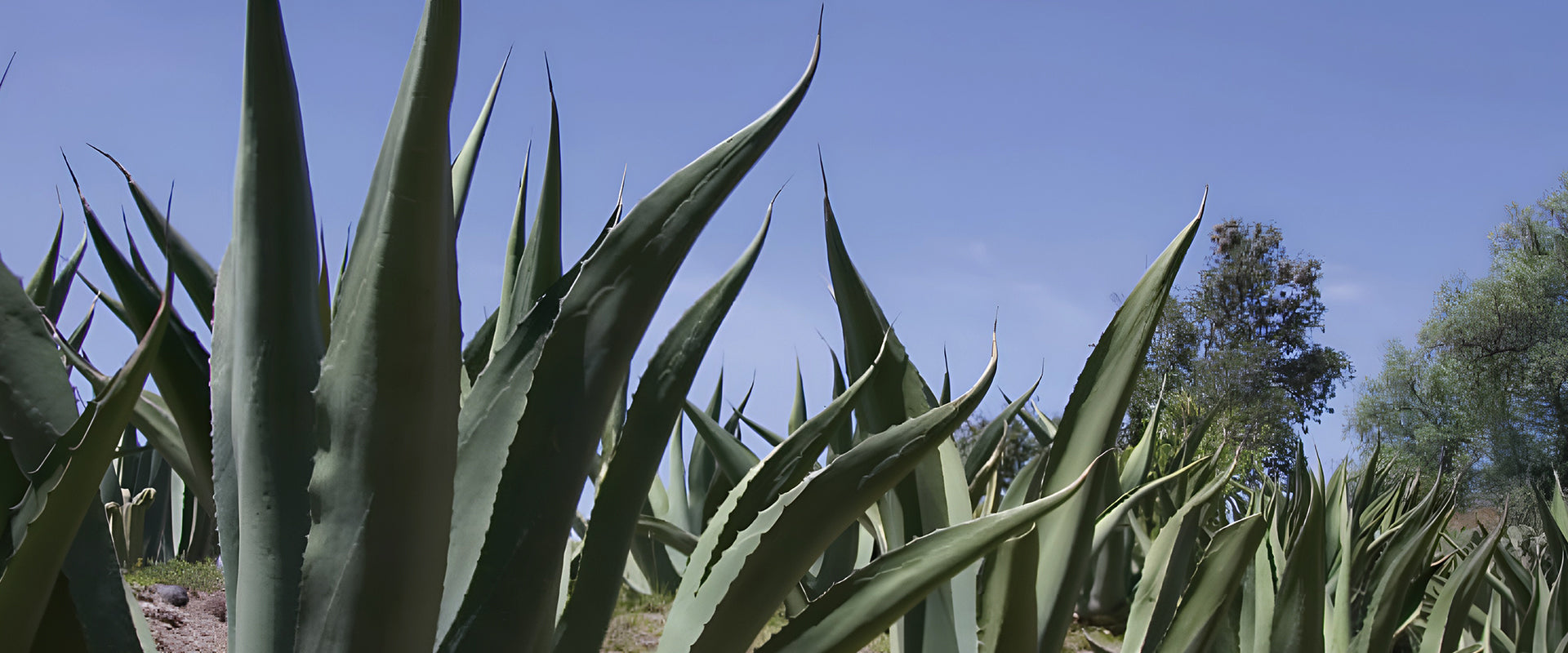
Sisal Fiber
Sisal fibers are obtained from the eponymous plant of the genus Agave. Among all natural plant fibers, sisal fibers have the highest elongation value.
-

Elastic
-

Breathable
-

Durable
-

Silence
-

Environmental

Among all natural plant fibers, sisal fibers have the highest elongation value. Sisal is traditionally used to make coarse fabrics, paper, ropes, and nets in agriculture. Due to its strength and durability, sisal is an excellent filling component in bed inserts and upholstered furniture, subject to more extensive and more frequent loads.
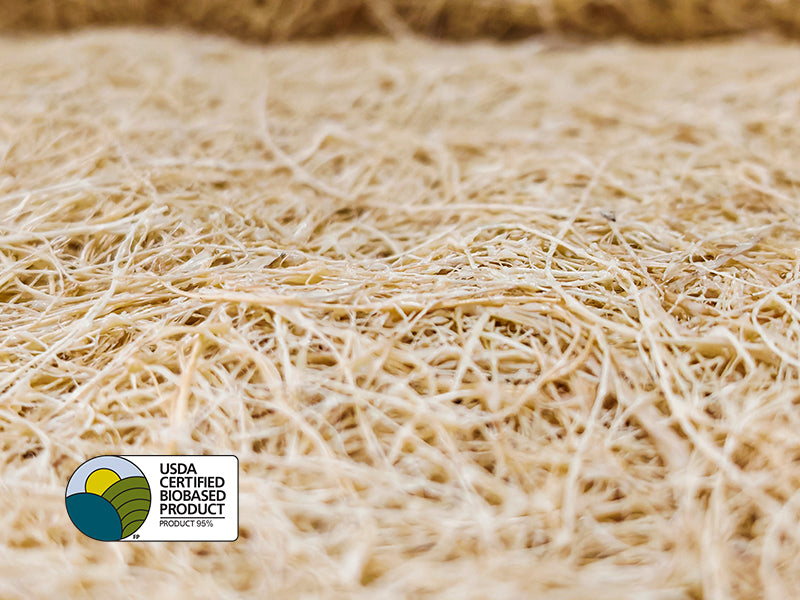
Sisal mattresses, relying on their tough fibers to offer strong spinal support, good air permeability to maintain dryness and inhibit bacteria, high durability to resist deformation, natural eco-friendliness with no chemical pollution, as well as moisture-proof performance through automatic humidity regulation, have become a premium choice for those seeking healthy and comfortable sleep.
Bio-organic content 95%
Sisal fiber raw material is recommended for use in comfort layer or transition layer
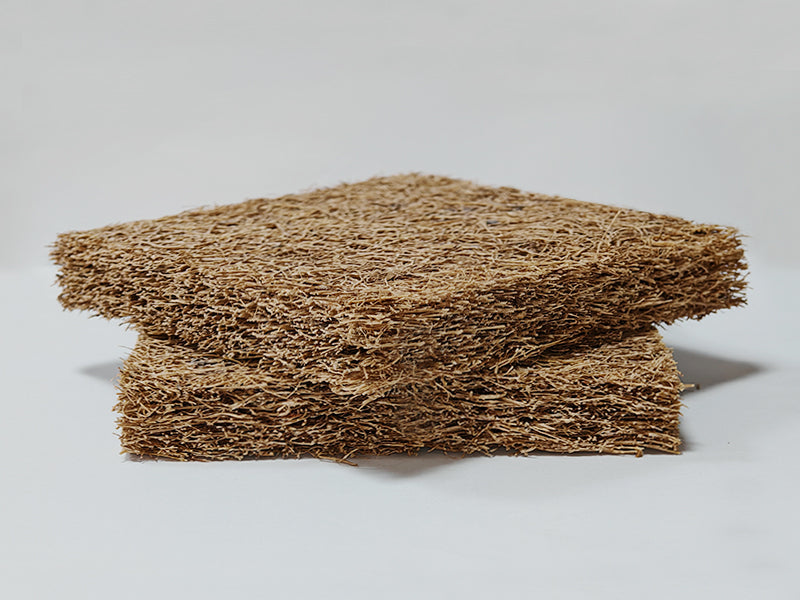
Sisal Leaf Sheath Fiber
Sisal leaf sheath fiber is taken from the base of the sisal blade, with high strength, wear resistance, corrosion resistance and other characteristics.
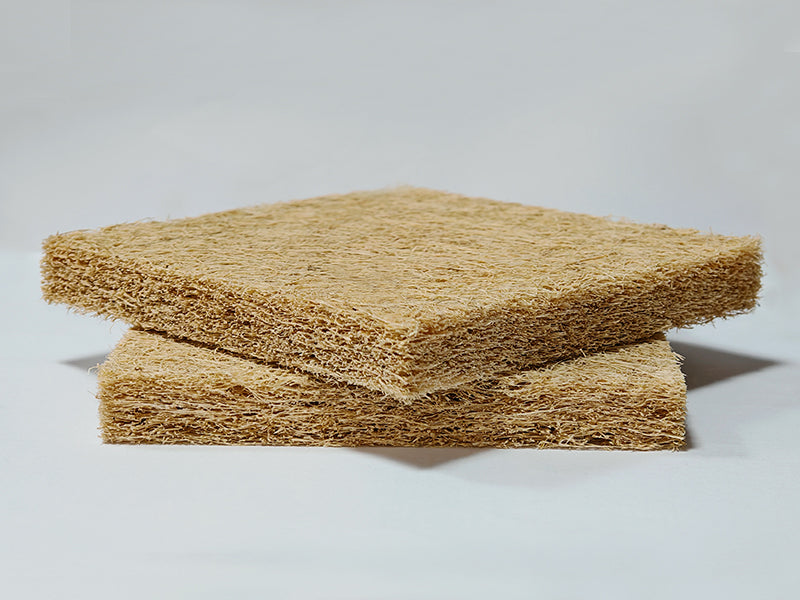
Sisal Leaf Fiber
Sisal blade fiber is derived from sisal leaves, known for its long fiber, tough texture, high elasticity, strong tensile strength, abrasion and corrosion resistance and environmental degradability. compared to the sisal leaf sheaths, sisal leaves have greater resilience and elasticity
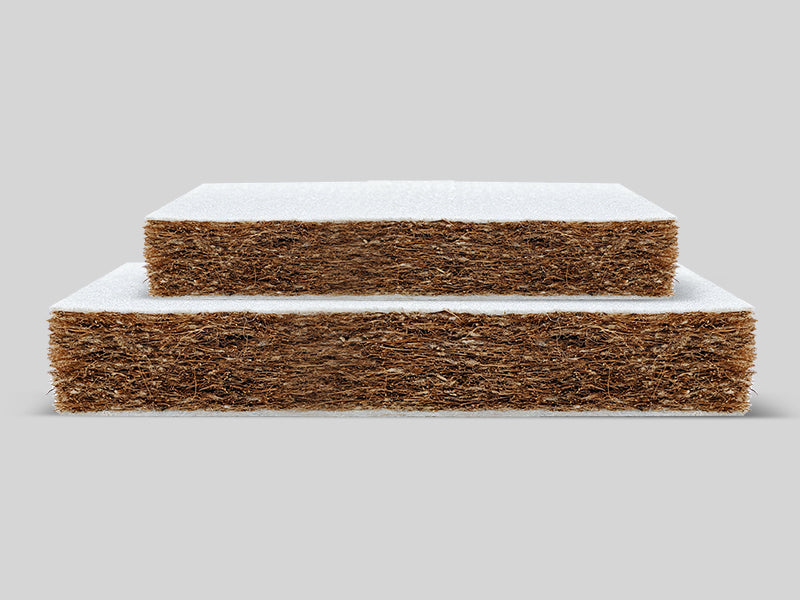
3E SISAL
3E Sisal fiber, with its tough and wear-resistant, salt and alkali corrosion-resistant properties, is widely used in mattresses and home furnishing areas. We comprehensively consider the market trend and the material's environmental protection, economy and high effciency, and use special technology to carefully create and launch high-quality and low-cost sisal products.
-

Trachycarpus Fortunei
Learn MoreMattresses made from Trachycarpus fortunei exhibit good resilience and supportive qualities, effectively protecting the health of the human spine.
-
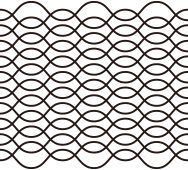
VONATURE AIR™
Learn MoreVONATURE AIR™, also known as Polyolefin Elastomer (POE), colorless or milky white waxy particles, non-toxic, odorless. Melting point: 85 to 110°C.
-

Coconut Fiber
Learn MoreCoir, also known as coconut fiber, is made from the coconut husk, which is present between the outer and inner walls of the coconut.
-

Corn Fiber
Learn MoreCorn fiber is a synthetic fiber produced using corn, wheat, and other starch-based materials as raw materials, through processes such as polymerization and spinning.
-
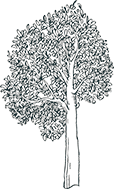
Natural Latex
Learn MoreNatural latex, an environmentally friendly adhesive, is the liquid that comes out of the cuts of rubber trees that have been growing for 6-8 years.
-

Cotton
Learn MoreCotton fiber is a natural fiber, with cellulose as its major constituent. It is also a porous material that allows for effective air permeability, keeping the skin comfortable.
-

Other
Learn MoreAs different products are used in diverse scenarios, we carefully select materials to offer users a wider range of raw material options.
-

Raw Material Application
View NowHere, you can learn about the applications of various raw materials in products, which will facilitate your selection of raw materials as a reference.

Contact Us
Contact Number
Mobile: (86) 15508516927
Mobile: (86) 17761206576
lynn: lynn@vonature.com
miko: miko@vonature.com
Leave your contact information














